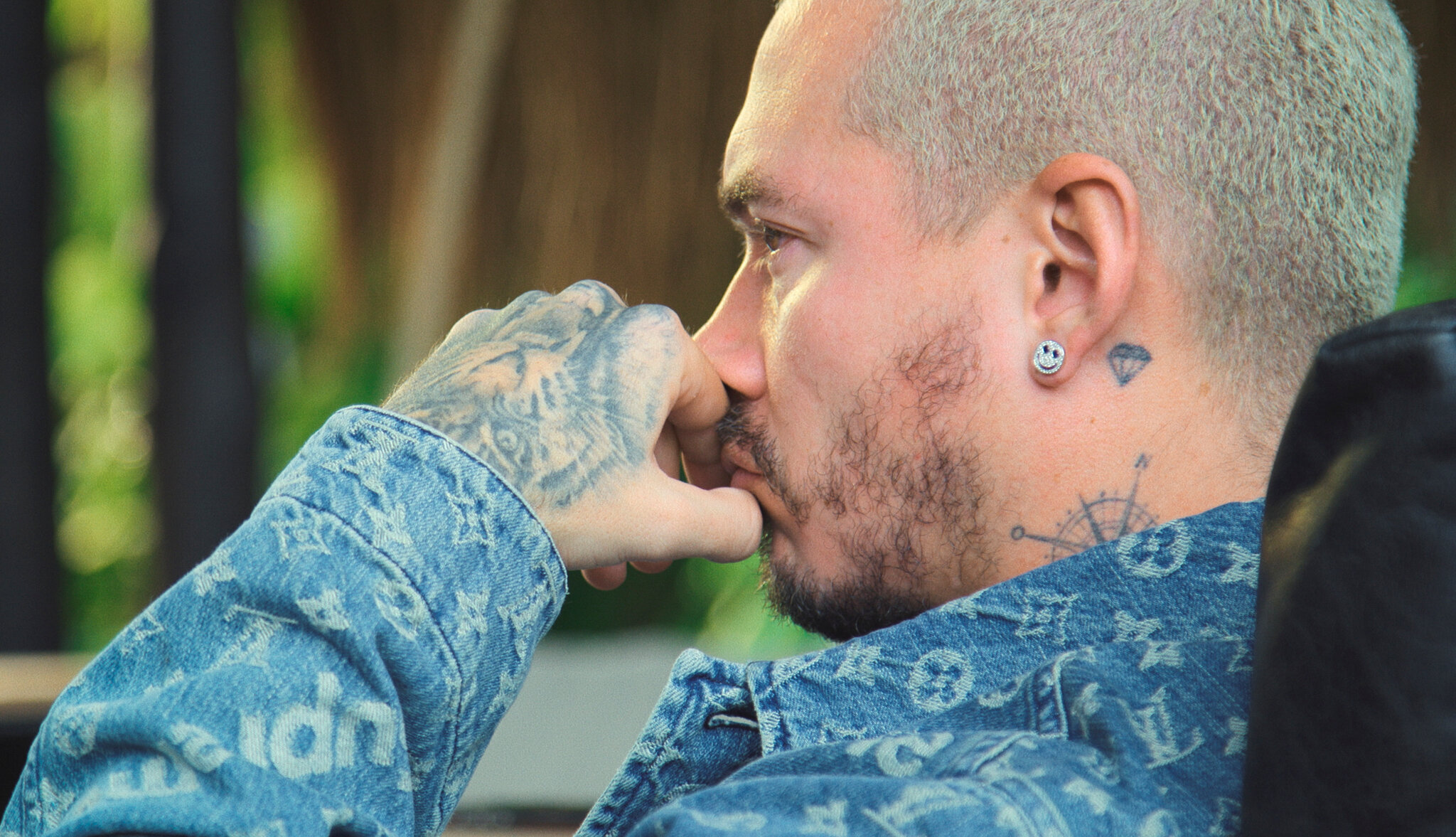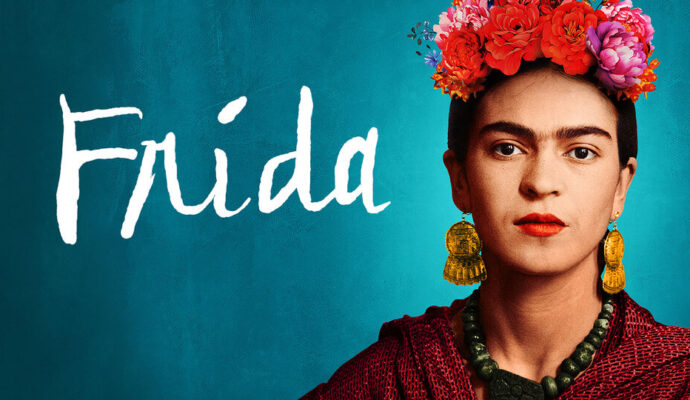“The Boy from Medellin” – Medellin is the capital city of Colombia’s Antioquia province. It has a population of just over 2.5 million, and one of its favorite sons filmed his documentary here. International reggaetón megastar J Balvin makes a triumphant return home to put on a massive show, but then again, “the best-laid plans of mice and men often go awry.”
Director Matthew Heineman follows this chart-busting marvel to his hometown for one week leading up to the planned live spectacular, but a set of soccer-stadium-sized stumbling blocks place Jose Alvaro Osorio Balvin’s concert in jeopardy. On the surface, “The Boy from Medellin” was supposed to be a celebration of J Balvin’s accomplishments and his embrace of this beautiful South American country. Instead, Heineman’s film grows into a hybrid of traditional documentary rhythms and uncomfortable drama.
The result? Not to take away from the artist’s gifts and worldwide successes, but we don’t get enough of each documentary pillar here. With just a 91-minute runtime, this critic wanted more…and a different focus.
A double-whammy drama emerges through internal demons from both the headline performer and his country. From J, he faces the camera and opens up about his anxiety and depression. It’s a brave move, and Heineman and J Balvin – a slender, gregarious man with a bleach-blond dome – offer a confessional, baring-one’s-soul approach in recalling history, which feels relatable and accessible to us at home. One might have 55 million Spotify monthly listeners, 30 million YouTube subscribers, and 47 million Instagram followers and still feel anxious and depressed. These afflictions don’t size up their victims’ bank accounts and fame quotients, nor do they offer mercy.
Balvin says, “Ninety-nine percent of my dreams have come true.”
The one percent remainder is his first solo stadium concert. He’s never done one, and because Jose is a living, breathing human being, his apprehension feels like a natural response, even for one of the world’s biggest performers.
The second portion of the real-life theatre is a nationwide uprising against the current conservative government. Protests break out all over the country, including Medellin. Suddenly, life becomes disrupted, a specific tragedy strikes, and venues start canceling concerts, which puts J’s gig in serious jeopardy. Not only are Colombian citizens speaking out, but they want their heroes to express themselves as well. J Balvin has historically claimed – including on-stage – that he “is not left or right” and wants “to give life to the world.”
At the moment, he’s staying silent, but for how long?
Jose didn’t sign up for political intervention, but perhaps his alter-ego needs to opine publicly. This particular conflict becomes the film’s focus, but the struggle – unfortunately – feels very 21st century…and not in a good way. Instagram arguments and flipping through iPhone screens fill the void, rather than tangible, physical actions during the film’s precious minutes.
Decades ago, critics complained that Michael Jordan didn’t speak out against political injustices, and he infamously responded with, “Republicans buy sneakers too.” However, comparing Balvin to Jordan is not fair. The illustrious basketball player stayed silent for years, while J Balvin’s momentary inaction is for a day (or a few). Still, the comparison immediately comes to mind.
Even though this real-life drama unexpectedly drops in the filmmakers’ lap, not enough compelling on-screen achievements materialize. Think about grabbing a camera and recording your reactions – from inside your home – to the 2020 Black Lives Matter protests. It won’t have the same effect as stepping out of the house and joining the masses.
“The Boy from Medellin”, however, gets a lot of credit for capturing the scenic beauty of the city and J Balvin explaining his humble beginnings, historic rise, and battles.
The viewpoints are primarily from our 30-something Man from Medellin, but that’s a limitation. Why not interview Medellin locals, friends, family, or other artists about J Balvin’s essential contributions to music and Colombia? The film offers old clips, like from Jimmy Fallon’s “The Tonight Show”, and Heineman’s camera does glance into Jose’s phone during celebrity calls from will.i.am and a couple of others, but comprehensive interviews from the aforementioned suggestions don’t occur.
Instead, teenage girls and middle-aged men walk up to J Balvin and ask for selfies, which really isn’t the same thing as sit-down testimonials that describe his rightful place within the Colombian and global communities.
For fans, perhaps none of this matters.
A J Balvin full-length doc is here, and yes, his hits – like “Loco Contigo”, “RITMO”, and more – land on-screen, whether it’s during a hopeful concert or not. Unfortunately, we get snippets of these songs rather than longer cuts or the entire tracks. It doesn’t feel like enough.
By contrast, another 2021 music star doc “Billie Eilish: The World’s a Little Blurry” runs for 140 minutes, and Eilish supporters and brand-new beginners are well-served, as director R.J. Cutler, the star, and her family tender plenty of story and music.
For this film, I wish we had an additional 50 minutes…and a different focus.
⭐⭐ out of ⭐⭐⭐⭐
Image and Trailer credits: Amazon Prime Video




